Jia Tolentino’s debut essay collection, Ruth Ware’s gothic thriller, and Jess Row’s examination of white flight in American literature are among the most critically-acclaimed books of the past seven days
*
ARTICLE CONTINUES AFTER ADVERTISEMENT
1. The Turn of the Key by Ruth Ware
6 Rave • 1 Positive
“Ruth Ware’s homage to The Turn of the Screw is filled with all of the best gothic elements … compulsively readable and will keep readers guessing until the very last page … Ware expertly weaves in a supernatural element as well … All of these twists and turns might feel unwieldy in the hands of another writer, but Ware is adept at managing multiple plot threads and using them to shock her reader. The beauty of The Turn of the Key is in how it takes the tropes central to the gothic genre, like the isolated haunted house, and gives them a 21st-century spin while still managing to feel fresh and surprising to even the most gothic-averse reader. Straddling the line between horror and thriller, this novel will delight fans of both genres.”
–Elyse Discher (BookPage)
Read an excerpt from The Turn of the Key here
ARTICLE CONTINUES AFTER ADVERTISEMENT
2. A Pure Heart by Rajia Hassib
4 Rave • 4 Positive
“Hassib’s novel shines as one of the finest explorations of identity, religion, and culture in modern American literature. Her background leaves her particularly well situated to develop these themes … brilliantly illuminates the complications of our world: the clash of religious beliefs, the uneven division of wealth, our classist snobbery, the failure of our best intentions. Yet the story is not simply an examination of problems. It is also a fervent illustration of the strength and beauty of familial bonds, ties that persist even after death.”
–Donna Meredith (The Southern Literary Review)
3. A Particular Kind of Black Man by Tope Folarin
2 Rave • 6 Positive
“… spare and affecting … Tunde recounts his troubled upbringing with a hypnotic mix of tenderness and analytic detachment. At times recalling Meursault in The Stranger—another displaced loner who loses his mother—he emphasizes the elusiveness of identity for a young immigrant who never stays long in the same place … More existential than Afropolitan … Folarin’s decision to write about a suburban, working-class Nigerian family living farther west—as do growing numbers of Africans, especially in Minnesota and Texas—is refreshing because it portrays the estrangement of immigrants outside the enclaves where new arrivals typically cluster … It’s hard not to feel cheated by the neat resolution; the book wraps up just as Tunde starts to complicate his parents’ portraits.”
–Julian Lucas (Harper’s)
Read Tope Forlain on the misguided urge to carve to world into binaries here
4. Hollow Kingdom by Kira Jane Buxton
4 Rave • 2 Positive • 1 Mixed
“…[a] hilariously philosophical and formidable first novel … World annihilation doesn’t necessarily make for a fun read, except perhaps when told by a domesticated crow that has watched a lot of TV and thinks himself half-human. Equally fascinating is the odd squad of dogs, cats and other birds who have joined S.T. in this post-apocalyptic odyssey … Buxton does a stellar job of anthropomorphizing the novel’s animals and adding drama, suspense, tragedy and hope. It’s amazing that such a bizarre and far-fetched story can connect so deeply with our reality and its discussions about social media, climate change, immigration and self-identity. It doesn’t get any weirder, funnier or better than Hollow Kingdom.”
–Chika Gujarathi (BookPage)
Read an excerpt from Hollow Kingdom here
5. Berta Isla by Javier Marías
2 Rave • 5 Positive • 2 Mixed
“..a peculiar world, at once vague and precise … Like most of Marías’s novels, Berta Isla revolves around ideas of what we know and do not want to know, of what we do not and cannot know, and the nuances and difficulties of communication. It makes many connections to his earlier works, especially Your Face Tomorrow. Like them, it takes place in a sort of epistemic haze. It is, if anything, more sinuous and satisfying than many of its precursors … Berta Isla is often aware of its closeness to self-parody – the joking Oxford dons doubling up as spies, the slow, mannered prose and hurried sex, the seemingly endless musings and hesitations. But it is also full of humour and intelligence, and ranks as Marías’s best novel in years.”
–Daniel Gascón (The Times Literary Supplement)
Read an excerpt from Berta Isla here
**
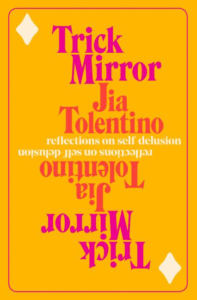
1. Trick Mirror: Reflections on Self-Delusion by Jia Tolentino
8 Rave • 8 Positive
“…[a] phenomenal essay collection … a collection that feels somehow riskier than [Tolentino’s] usual output, unburdened by the demands and constraints of a big, mainstream publication … Tolentino finds…little truths in just about every corner of American cultural life. Her best pieces read like viral Twitter threads written by the Frankfurt School, seamlessly blending cynical humor with academic rigor … It’s this kind of constant self-awareness and inward inquiry that give Trick Mirror its most chewable moments … More often than not, the essays here end up concluding with a well-articulated shrug of the shoulders. If you’re expecting feminist praxis, or ways of repairing the many broken and flawed systems being critiqued in Trick Mirror, you won’t find much of either here. But there’s an undeniable catharsis in seeing such a great writer lucidly communicate the conditions of our most absurd forms of misery.”
–Vincent Acovino (NPR)
2. Gods of the Upper Air: How a Circle of Renegade Anthropologists Reinvented Race, Sex and Gender in the Twentieth Century by Charles King
4 Rave • 6 Positive
“… thoughtful, deeply intelligent, and immensely readable and entertaining … The romantic intrigue makes for irresistible reading, but it’s also central to the book’s argument … The very word culture, and the idea that people in one culture can learn from people in others, is taken for granted now. But King shows how revolutionary those concepts were at a time when scientists classified people as savage, barbarian, or civilized, and three-quarters of American universities offered courses in eugenics.”
–Alison Gopnik (The Atlantic)
3. Our Women on the Ground: Essays by Arab Women Reporting From the Arab World by Zahra Hankir
4 Rave • 5 Positive
“… timely and affecting … The essays contain evocative and emotional imagery; the stories shared by these women are heartrending and deeply humanistic. They show the real cost of war as well as the challenges unique to these female reporters, from enduring sexual harassment to navigating laws that mandate a male escort as they travel … An emotionally resonant and eminently readable anthology of true accounts that will appeal greatly to readers interested in global women’s issues, journalism, and the modern Arab world.”
–Kathleen Dupré (Library Journal)
4. Time Song: Journeys in Search of a Submerged Land by Julia Blackburn
3 Rave • 4 Positive • 4 Mixed
“…a magical, mesmerising book—a book which makes you feel giddy at the thought of the deep gulf of history hidden just beneath your feet … To describe Time Song as a non-fiction book about the history of Doggerland makes it sound dry and academic, but Julia Blackburn’s approach is anything but. At one point, she describes her modus operandi as ‘trying to learn prehistory hand to mouth as I go along’ and that’s a more-or-less accurate description of what it feels like to read her writing … Blackburn’s book is studded with…imaginative leaps, grounded in science yet evocatively described.”
–Rob Cox (The Scotsman)
5. White Flights: Race, Fiction, and the American Imagination by Jess Row
2 Rave • 8 Positive • 1 Pan
“Utilizing a stunning range—one paragraph moves effortlessly from Nas to Jacques Derrida—Row exposes how many writers use space, time, and style to enact these flights … Perhaps most interesting is the assertion that shame is a key component of these texts, particularly visible in the works of David Foster Wallace. But Row does not only issue blistering critiques, he also provides hope. Drawing on his personal experiences and the work of James Baldwin and other authors, he develops the idea that interracial art represents the possibility of ‘reparative writing.’ Full of brilliant readings and beautifully written, this mind-altering work of criticism establishes Row as one of the preeminent cultural critics of our age.”
–Alexander Moran (Booklist)

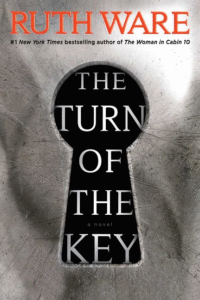
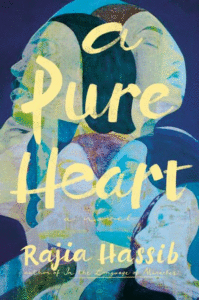
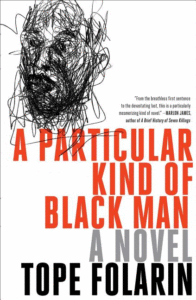
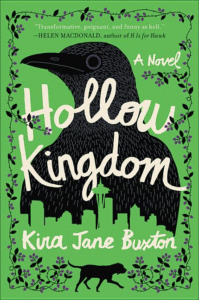

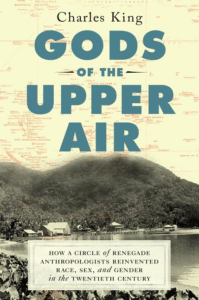
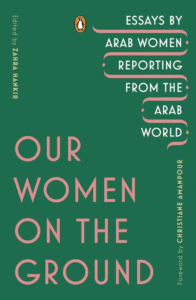
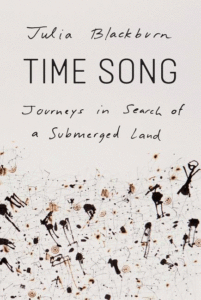


Нема коментара